Over the years, Lizzo has shared powerful, positive messages with her fans.
Simply by existing, she has had hate directed at her over her skin, her size, and her gender.
But fans were so shocked over the weekend to hear that her new single had what some identified as an ableist slur.
Lizzo is now apologizing for the slur, and is going above and beyond to make it right.
“Hold my bag, bitch, hold my bag,” Lizzo sings in her new song, “Grrrls.”
“Do you see this s–t?” the lyrics ask. “I’m a s–z.”
The four-letter word, beginning like “Spanish” and ending almost like “jazz,” is controversial.
“Grrrls” quickly began to trend on TikTok, but for all of the wrong reasons.
Fueled by TikTok’s malicious algorithm, many people heard about the controversy before they heard about the song.
Soon, all of social media was discussing the topic — with some expressing confusion.
See, s–z is perceived very differently in different English-speaking countries.
In the United States, the term generally refers to a chaotically high-energy person.
Is it an insult? Yes. But the now-antiquated insult was used about as casually as the similar “klutz.”
We’d love to know what Lizzo has in that bag. It’s just so small! What could possibly fit?!?
In the UK, on the other hand, the term has a very different meaning.
In Britain and other English-speaking countries, the term is a deeply offensive slur for people with disabilities.
One must imagine British listeners reacting with horror, as an American might to a different slur.
Just for the record, in South Africa, there is an unrelated and non-insulting use for the term.
There, it means a small or informal business, often one run out of a person’s home, bears that term.
One can only imagine how many tourists have found this confusing. It must have happened.
People were understandably stunned.
No one is saying that Lizzo is perfect.
But to fans who recognized the term as a slur, it was shocking and even confusing to hear it in Lizzo’s voice.
The backlash was intense.
Some of the backlash was earnest. Some of it was for clout. That is just how things work.
Fans pleaded with Lizzo to re-release the song without that word, and she responded.
“It’s been brought to my attention that there is a harmful word in my song ‘GRRRLS,’” Lizzo’s statement begins.
“Let me make one thing clear,” she wrote.
Lizzo affirmed: “I never want to promote derogatory language.”
“As a fat black woman in America, I’ve had many hurtful words used against me,” Lizzo then acknowledged.
“So I understand the power words can have,” she stated.
Lizzo added that this is true “(whether intentionally or in my case, unintentionally.)”
“I’m proud to say there’s a new version of girls with a lyric change,” Lizzo announced.
“This is the result of me listening and taking action,” she pointed out.
“As an influential artist,” Lizzo concluded, “I’m dedicated to being part of the change I’ve been waiting to see in the world.”
Frankly, it is entirely reasonable for Lizzo, an American, to not be aware of the UK meaning of the term.
Very few Americans know that this is a vicious ableist slur in the UK targeting those with cerebral palsy.
It is a “very online” thing to know, because it is not the American meaning.
One could easily ask if Brits condemning Lizzo would also condemn people who casually use the C-word outside of the US.
After all, this is a mild insult in most of the English-speaking world, but scandalous in America.
Instead, let us focus upon thanking Lizzo for listening and taking positive action.
You can view the original article HERE.

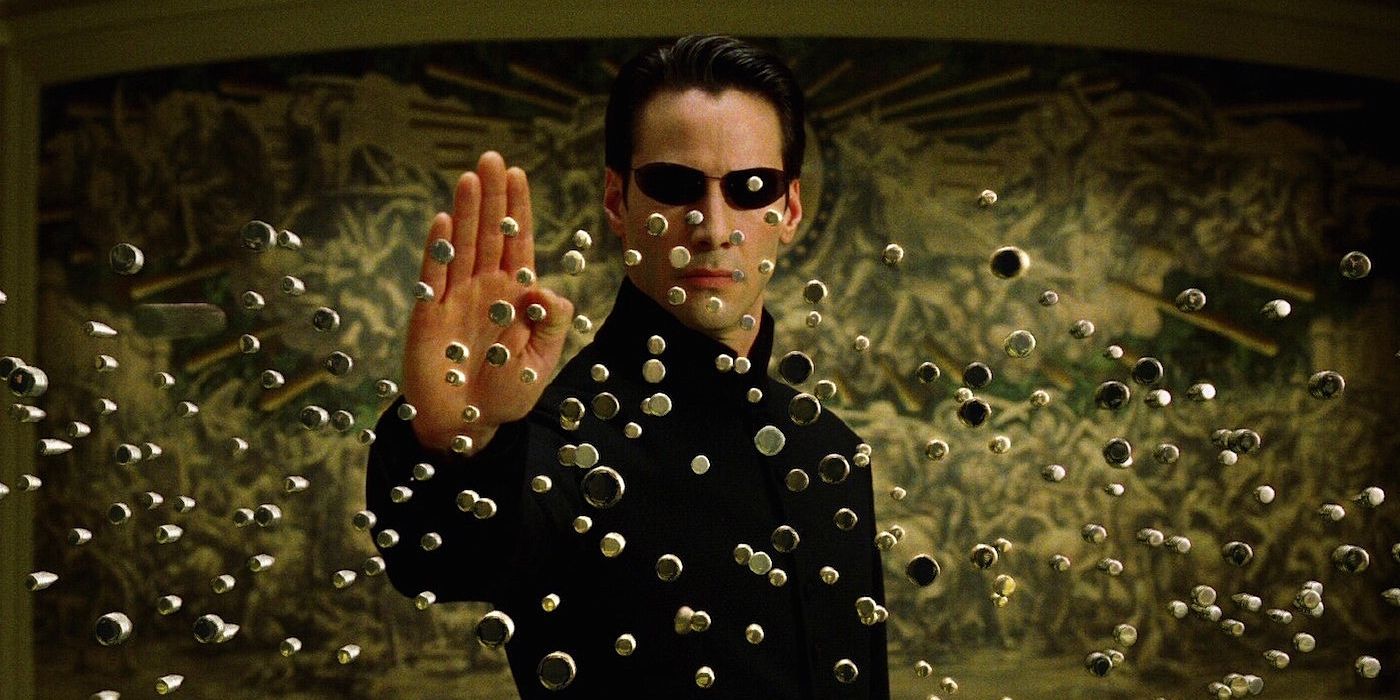


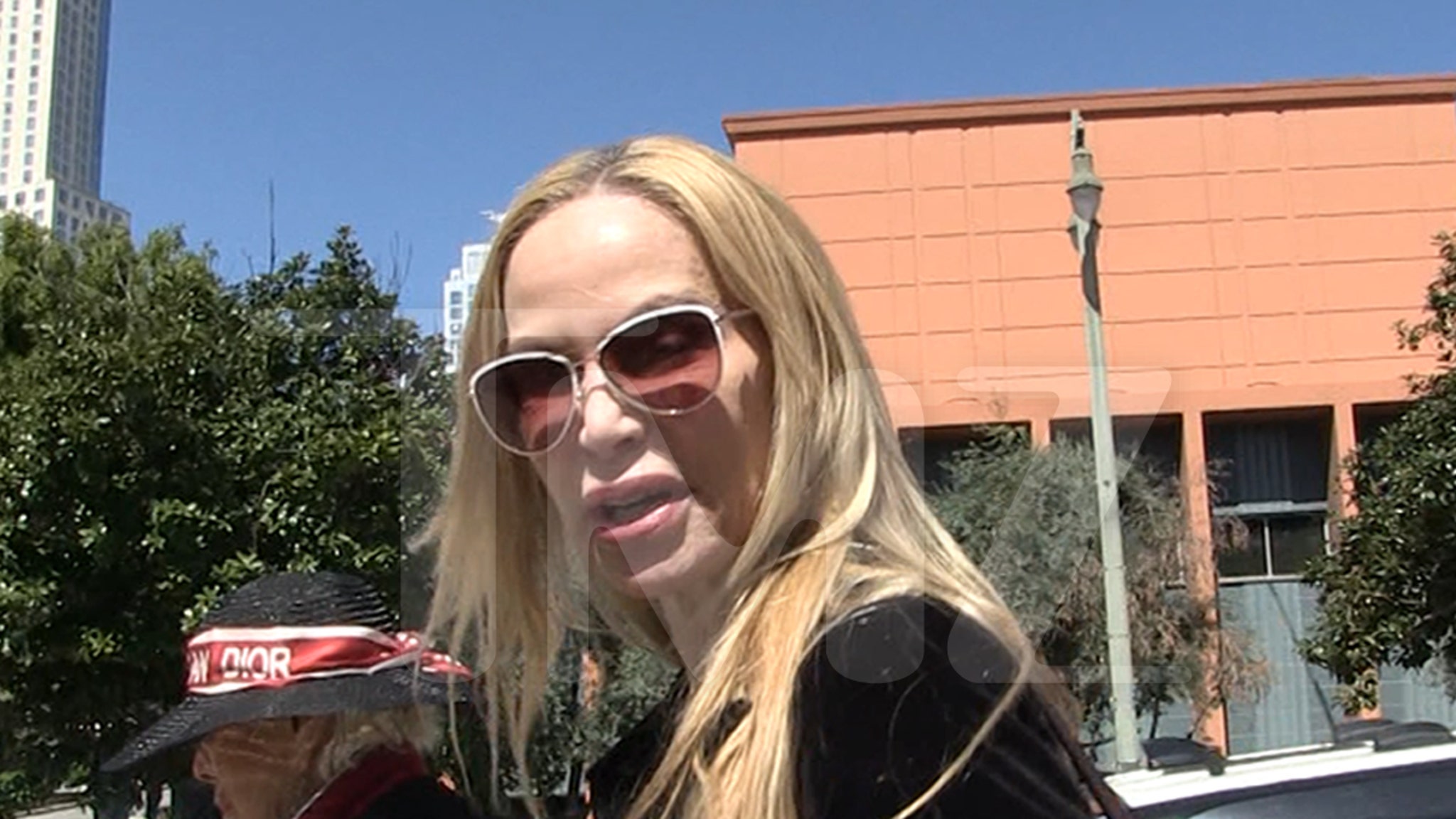





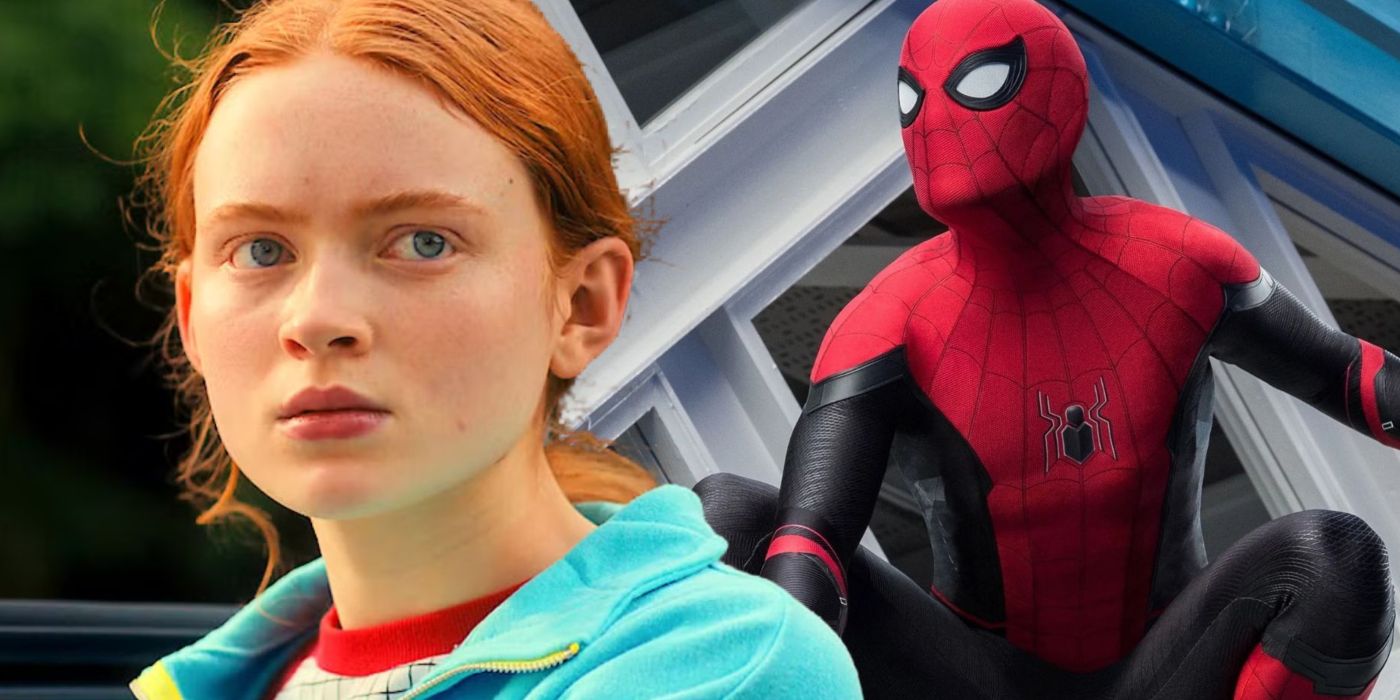



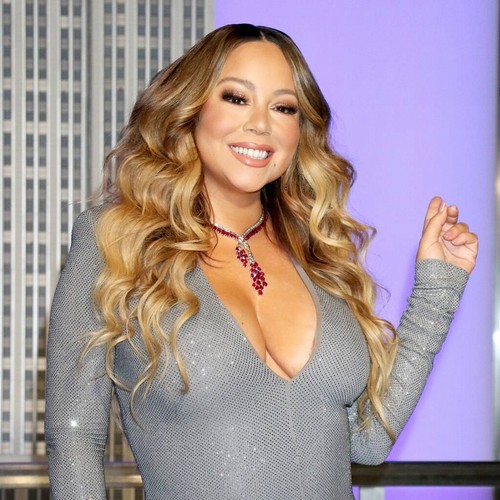





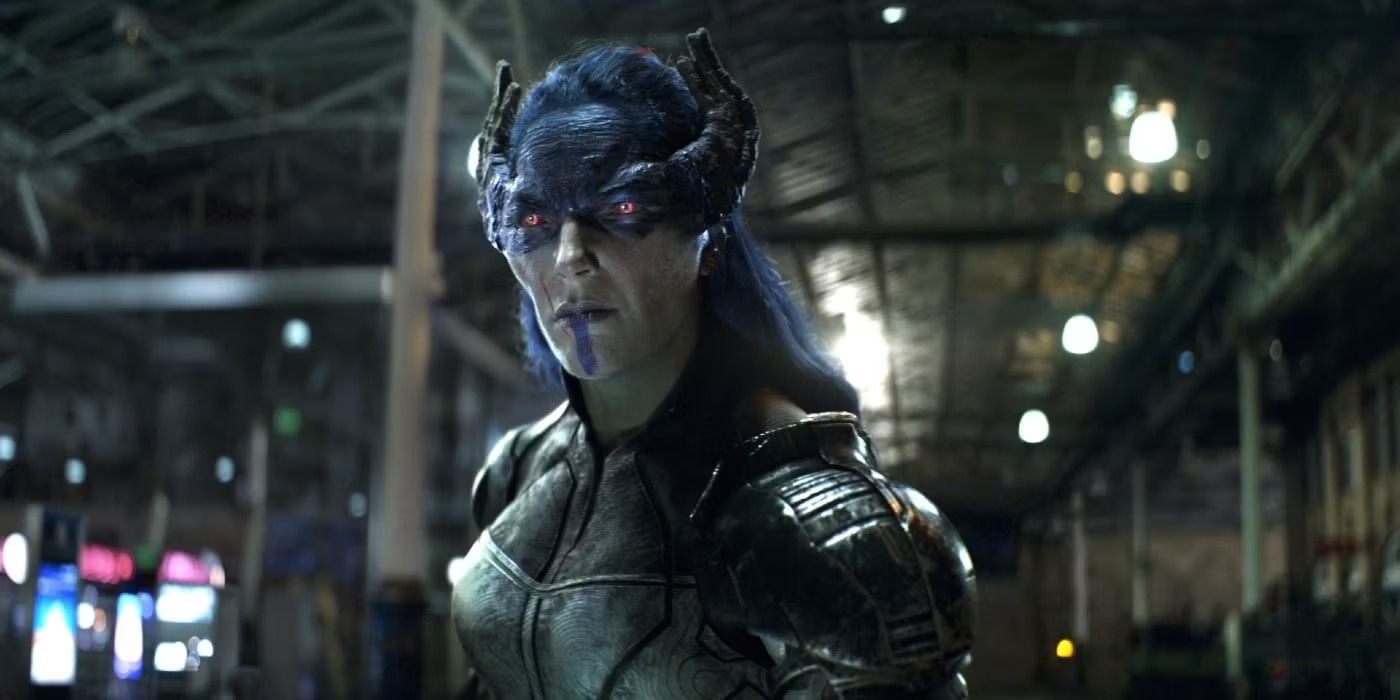




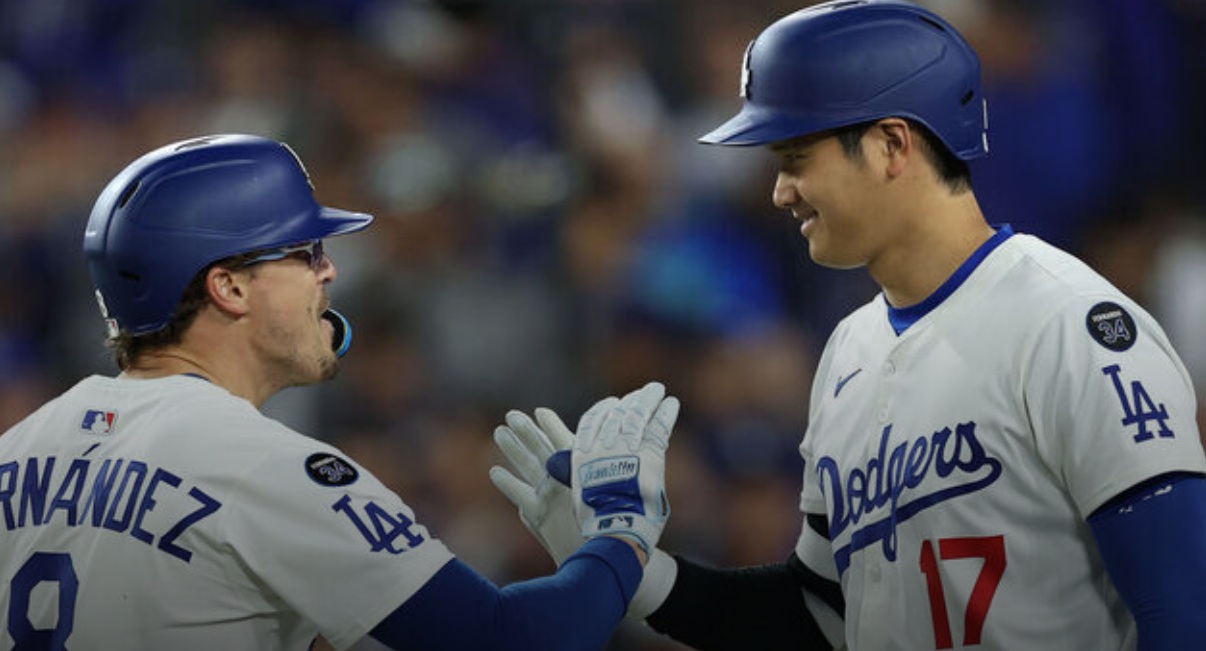
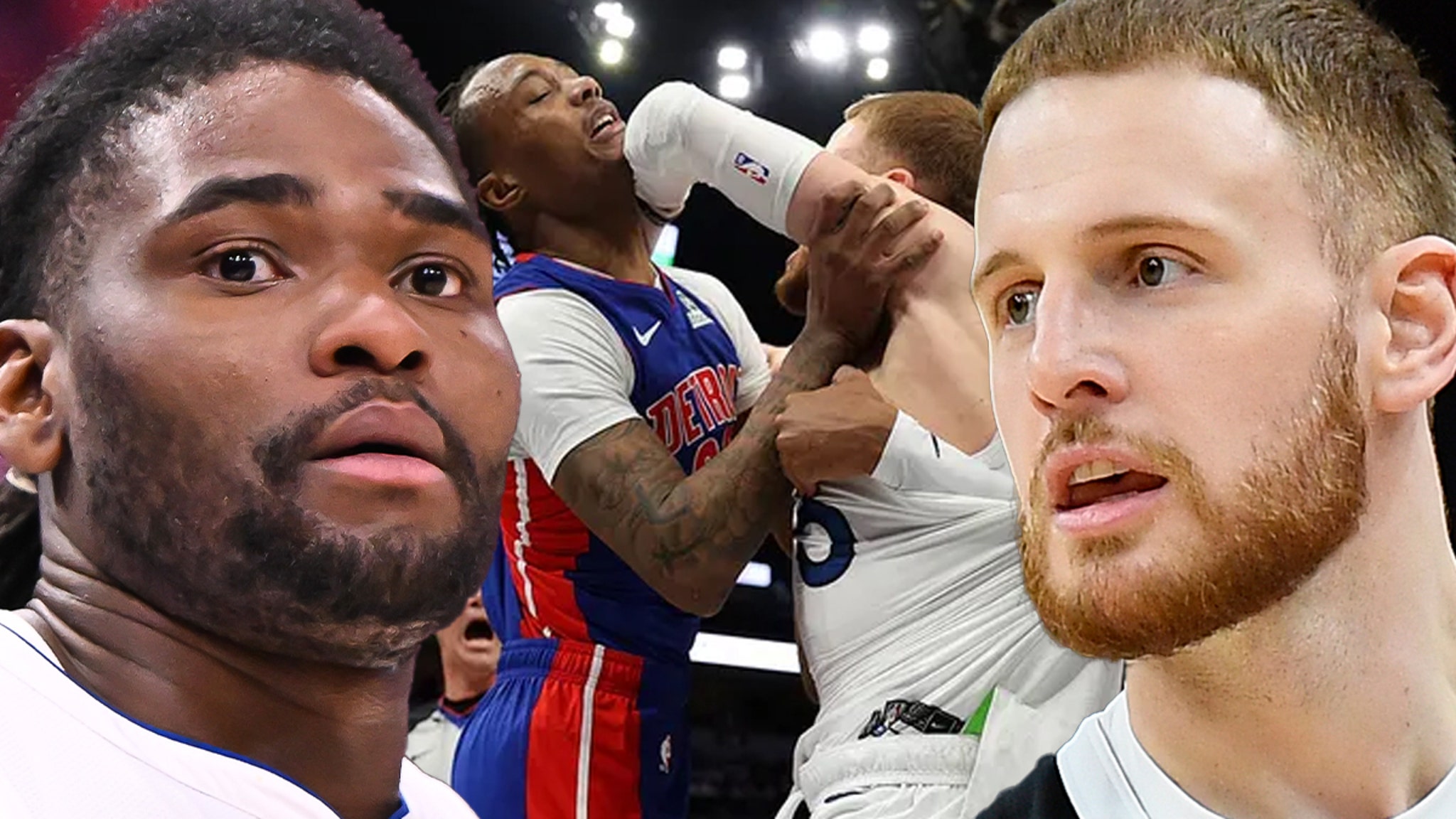

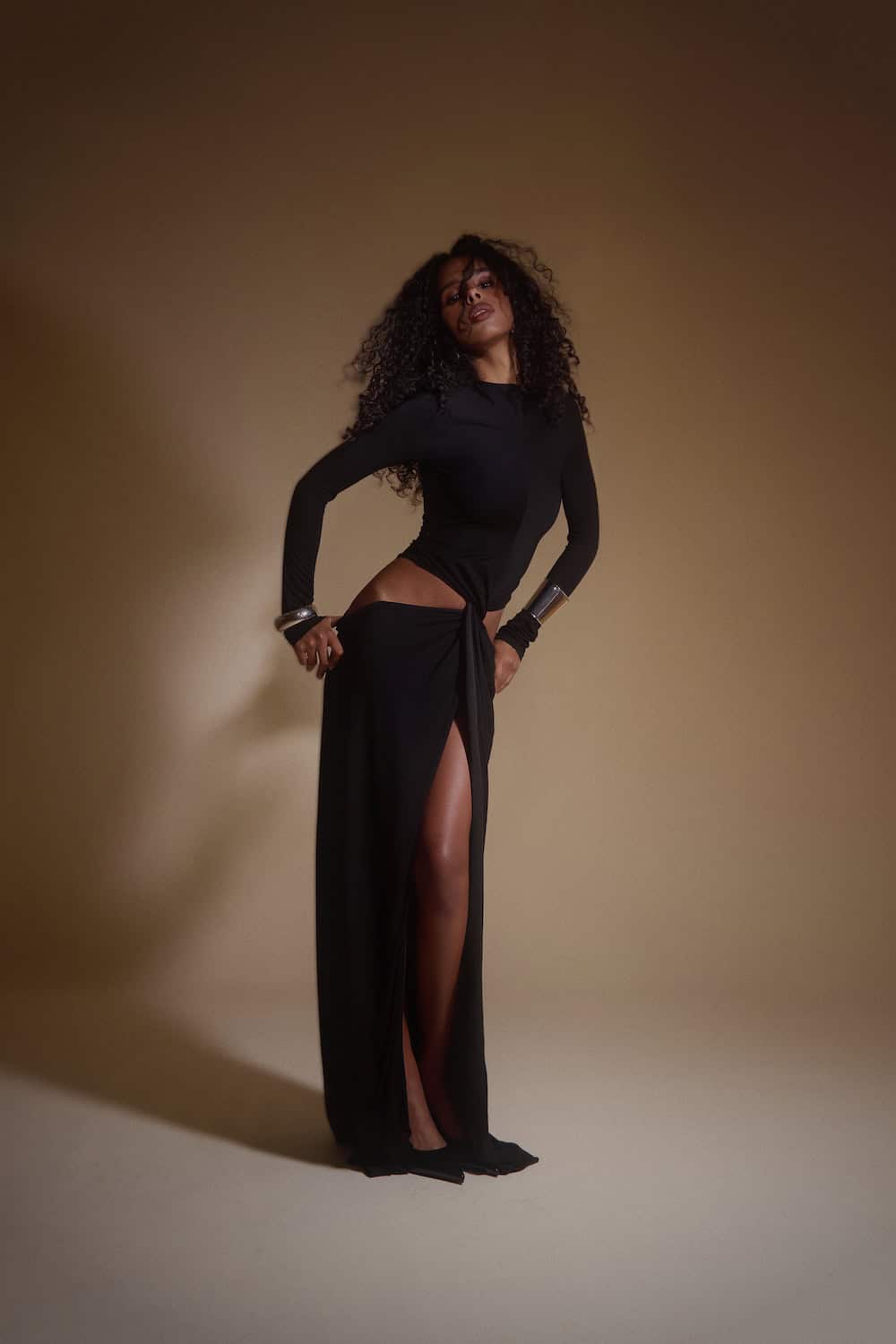
:quality(85):upscale()/2025/04/01/828/n/1922564/9432574867ec361a713285.06370027_.jpg)

:quality(85):upscale()/2025/04/01/587/n/1922564/fe60d6be67ebe4b0bbd6f1.79749549_.png)